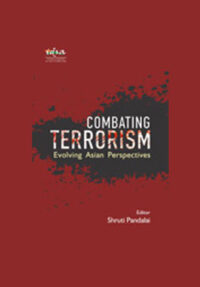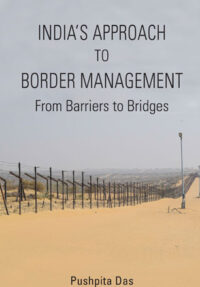The Attack on Migrants in Manipur
Normal life in Manipur was drastically affected between March 17 and 19, 2008 when 15 migrants were killed by unidentified armed militants. While there have been accusations that local militants might have been behind the killings, militant groups have categorically denied their involvement. There is likelihood that foreign terrorist groups were involved in the killings to create ethnic apprehension and conflict between migrants and natives.
- T. Khurshchev Singh
- April 29, 2008









